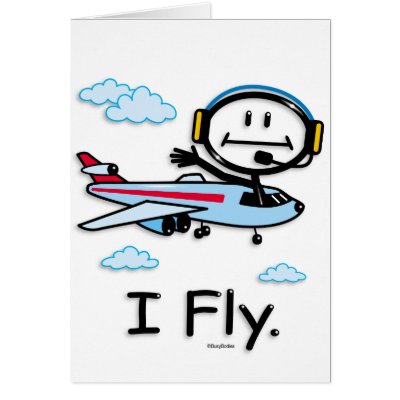Ain't that already taught on the PPL as well?BPF wrote:just recognizing the what you see on the map and finding it when you look out the window.
First, there's a ton of programs out there that can do it for you, most of the better GPS sets can do it for you as well. Better yet, you have someone else do it for you. Secondly, if they're like me they usually end up flying only two or three routes and fashion a means of pluggin in whee all the there values remain constant. To get to the application level where one can do either of the above you have to be able - once again - to fill out that terrible big form. I'm not sure what the big deal is. In reality I can start from scratch and figure out all the related info for a new route in less than 10 minutes.If current "system" of navigation planning as taught in the CPL course is so important why do virtually all CPL's never, ever use it after their CPL flight test ?
I do though get what you're after, the filling out of the form, has become an end unto itself when it comes to testing and thus how pilots are trained. The test supposes that we're still flying missions across the English channel with minimal accurate reference points (hence the drift lines). The unfortunate part is that since many pilots have but mediocre math skills - something I blame on our poor education system - they never get past a rote learned level of knowledge with the dreaded "form". Hence why many also can't get past a rote level of learning with the GPS without extensive training as our opening poster wishes for. They're learning the GPS from scratch rather than with the base requisite knowledge.
Out of curiosity, one of the things I distinctly remember learning about becomming a pilot was that I was told repeatedly by every pilot I talked to was that you needed to be good at math. Are they not telling the kids this these days?





